|
Revolution Has Survived and Flourished Despite U.S. Attempts to Destroy It February 2 marked the 25th anniversary of the Bolivarian Revolution. On that day in 1999, Hugo Chávez, a left-wing Venezuelan army officer, assumed power and initiated a socialist revolution that had ripple effects across the region and world. Invoking the legacy of Simón Bolívar, who had led much of Latin America’s liberation from Spanish colonization in the 1820s, Chávez’s government enacted measures to retake national control over Venezuela’s oil resources and to use the revenues to fund social programs. The government led by Chávez also strove for greater regional integration to undercut dependance on exploitation by the U.S. and provided a model for Third World nations striving to overcome a legacy of colonialism and neo-colonialism. On February 4, Venezuela Analysis and the Orinoco Tribune hosted a webinar assessing the legacy of the Bolivarian Revolution, which has consistently been misrepresented in U.S. media. Carlos L. Garrido, a philosophy lecturer and Ph.D. candidate at Southern Illinois University, Carbondale, and member of the editorial board of Midwestern Marx, opened the webinar by stating that the Bolivarian Revolution was a monumental historical event that brought the working class to power and inspired the rebirth of left-wing movements in Latin America. The U.S. predictably used the entire tool kit of its weaponry to try to sabotage and destroy the revolution, kidnapping Venezuelan leaders, mounting coups, and imposing draconian sanctions that have failed to dislodge the Venezuelan government or crush the spirit of the revolution.
When Liger Smith pressed further, asking the professor why the U.S. imposed sanctions if socialism was a failed system, the professor’s face turned red and she gave a convoluted answer. Liger Smith said that, on that day, he decided to try to undertake his own objective study of Venezuela to find out the truth for himself. When he undertook that study, Liger Smith said he found out that the Bolivarian Revolution was not a failure but a great success, and that socialism was a more humane and superior system to capitalism. The primary success of the Bolivarian Revolution was that Venezuelans were able to regain control of their economy and oil that had been for years stolen by Western corporations. Chávez’s government and that run by his successor Nicolás Maduro improved the material conditions of the majority of the country’s people by using oil and other revenue to a) increase popular access to affordable health care and education; b) build schools; c) reduce inequality and malnutrition; and d) establish pensions for the elderly.[1] Further, the Bolivarian Revolution introduced new forms of popular democracy and helped to combat anti-indigenous racism. The reason that Venezuela is so widely demonized is because it has come to function as a thorn in the side of Western capitalism and U.S. imperialism; it is a country that the U.S. ruling elite cannot control or exploit and which has adopted an independent foreign policy. U.S. sabotage efforts—which Liger Smith said include efforts to lure skilled workers out of the country and steal Venezuelan assets—ultimately cannot and will not succeed because Venezuelans do not want to go to a past era where they lacked true independence. The second webinar speaker, Cira Pasqual Marquina, a professor of political science at the Universidad Bolivariana de Venezuela in Caracas, spoke about the significance of communes to the Venezuelan revolution and how those communes embody its egalitarian values and push for participatory democracy. Marquina said that the communes draw on some of the living practices of Venezuela’s indigenous population, and Soviet and Chinese communes as well as the 1871 Paris Commune that Karl Marx wrote about. Marquina said also that, when Chávez came to power, he invited people to read a Hungarian philosopher, István Mészáros, who wrote about some of the accomplishments and failures of Eastern Bloc socialism which Venezuelans could learn from, emphasizing the need for popular participation in decision-making. The third speaker, Saheli Chowdhury, an editor of the Orinoco Tribune, emphasized that the Bolivarian Revolution occurred during a dark time following the collapse of the Soviet Union when the U.S. was imposing neo-liberalism everywhere—a harsh economic model that fueled vast social inequality and misery for people across the so-called Third World. The Bolivarian Revolution brought a ray of hope in that time, signifying decolonization and resistance to neo-liberalism and neo-colonialism and that a different world was possible. In Latin America, it helped inspire a) the election of Evo Morales, a socialist who was the first Indigenous president of Bolivia; b) the return to power of the socialist Sandinistas in Nicaragua; and c) the rejection of the Free Trade Area of the Americas (FTAA) that had been pushed by the Clinton and Bush administrations. Chávez’s visionary policies were evident in his efforts to expand Venezuela’s ties to Asian countries and establishment of a strategic partnership with China and Iran as part of a coalition against the U.S. Empire. Chowdhury said that, in the 1990s, we were all told that history had ended and that capitalism had won, but the Bolivarian Revolution proves that history continues to be written by the people. The fourth speaker, Jesus Rodriguez-Espinoza, founder of the Orinoco Tribune, emphasized that, for all the disparagement in the media and some genuine problems with Maduro’s rule, Chavismo remains the dominant political movement in Venezuela. This is primarily because of its past achievements in empowering working class people and bringing them material benefits. Rodriguez-Espinoza predicted that Maduro would win Venezuela’s next election because Chavismo is bigger than any one person and people will vote to sustain the revolution. He also said that U.S. intelligence was recently behind a coup plot by far-right-wing activists who they were helping to arm.
An advocate of “open markets,” she is considered a traitor because of her support for U.S. sanctions and the violent overthrow of Venezuela’s government by a foreign power, and is as much of a joke as Juan Guaidó, a puppet of the U.S. who now teaches at Florida International University. Shaw said that, “if Machado did what she did in the U.S.., she would be in jail.”[2]
Telesur’s perspective is rightfully sympathetic to the Bolivarian Revolution, whose historic achievements will be recognized by historians years from now.
AuthorJeremy Kuzmarov is Managing Editor of CovertAction Magazine. This article was produced by CovertAction Magazine. Archives February 2024
0 Comments
Leave a Reply. |
Details
Archives
July 2024
Categories
All
|
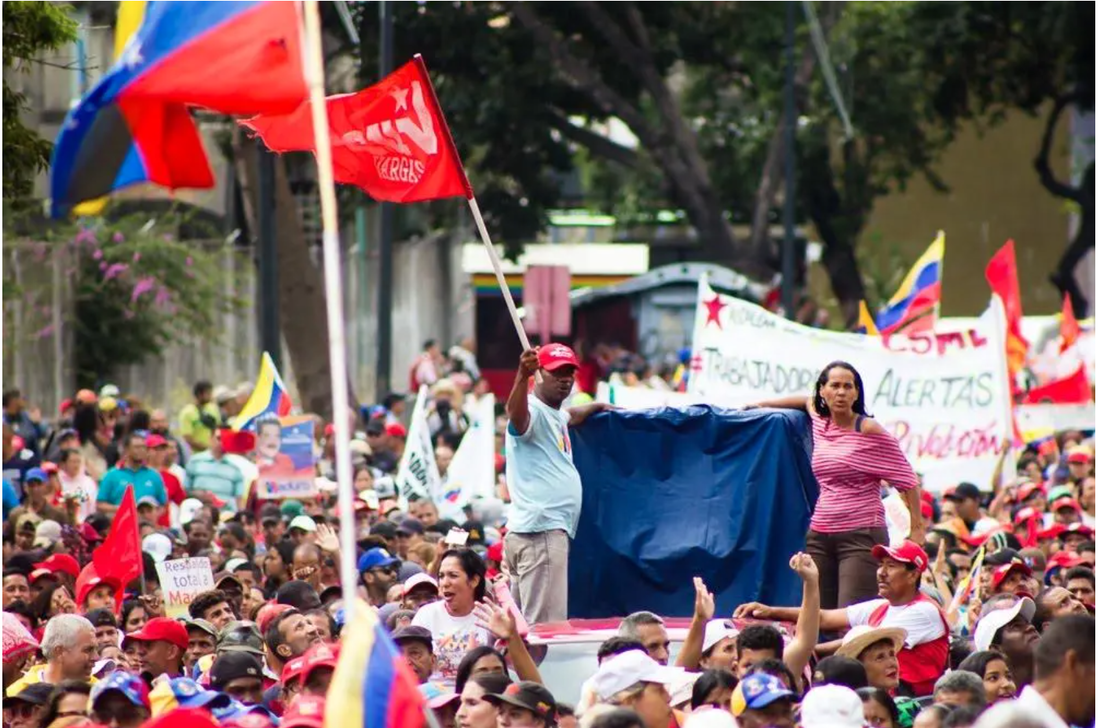
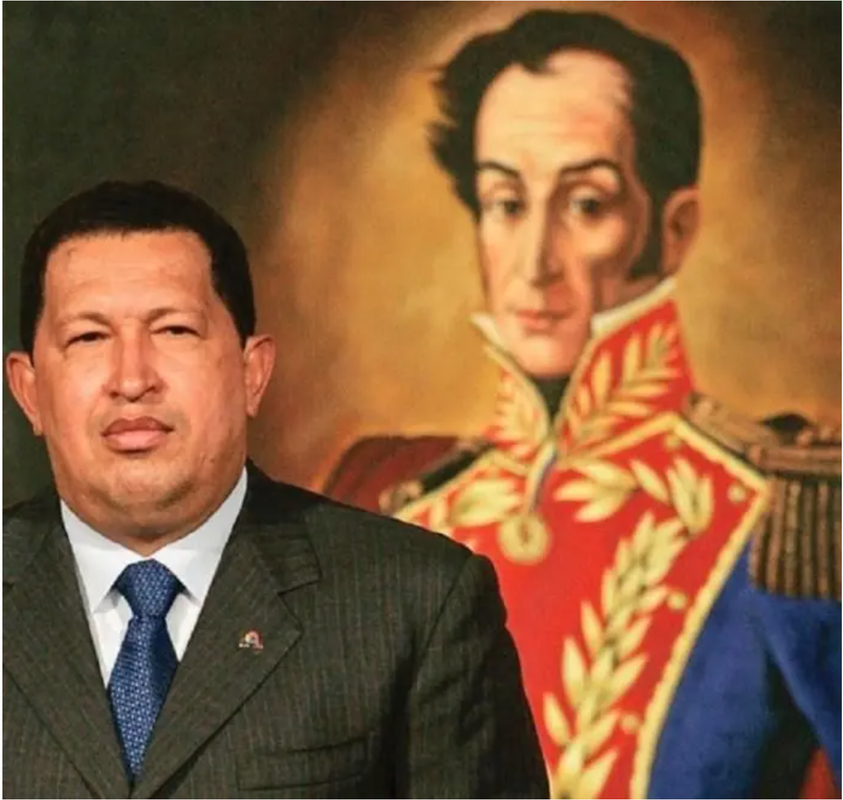
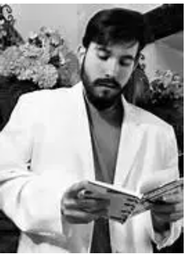
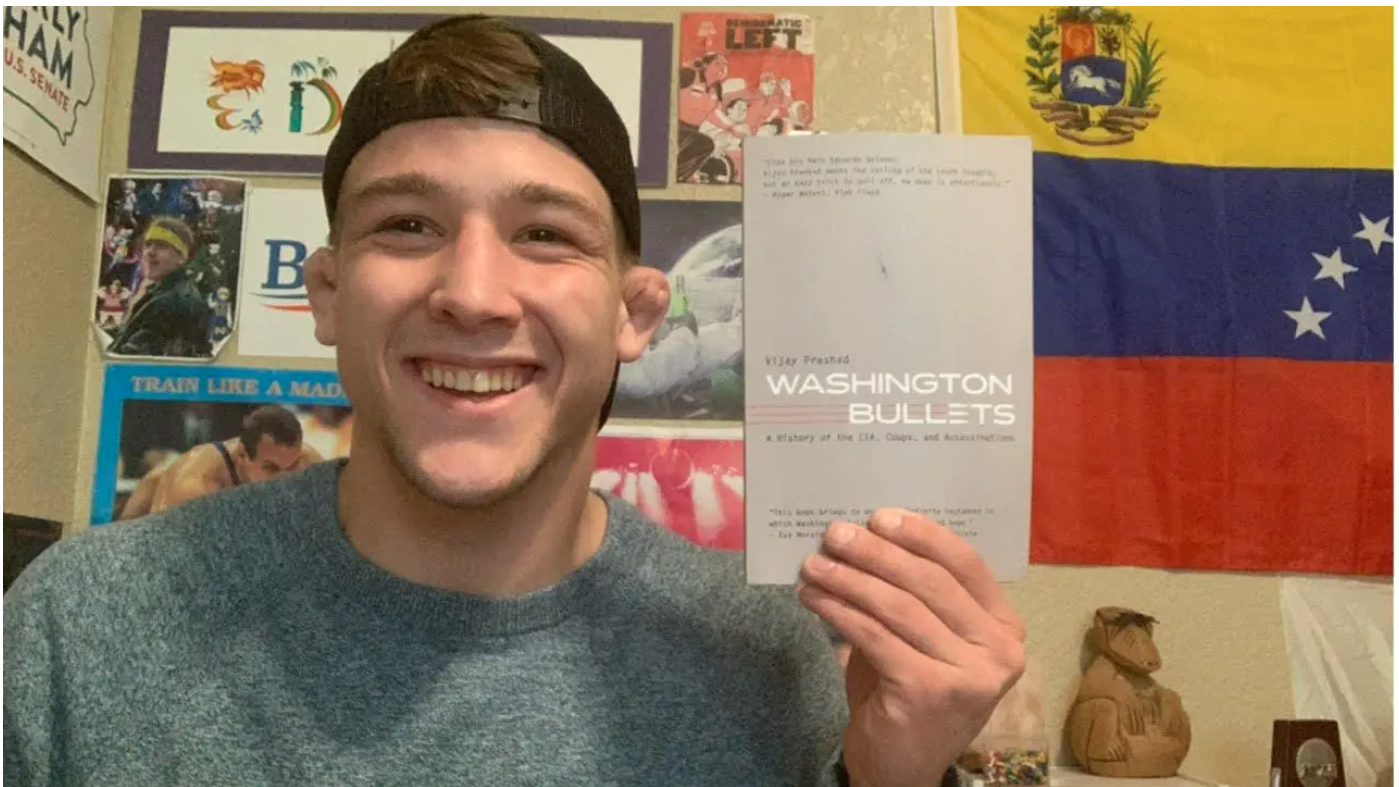

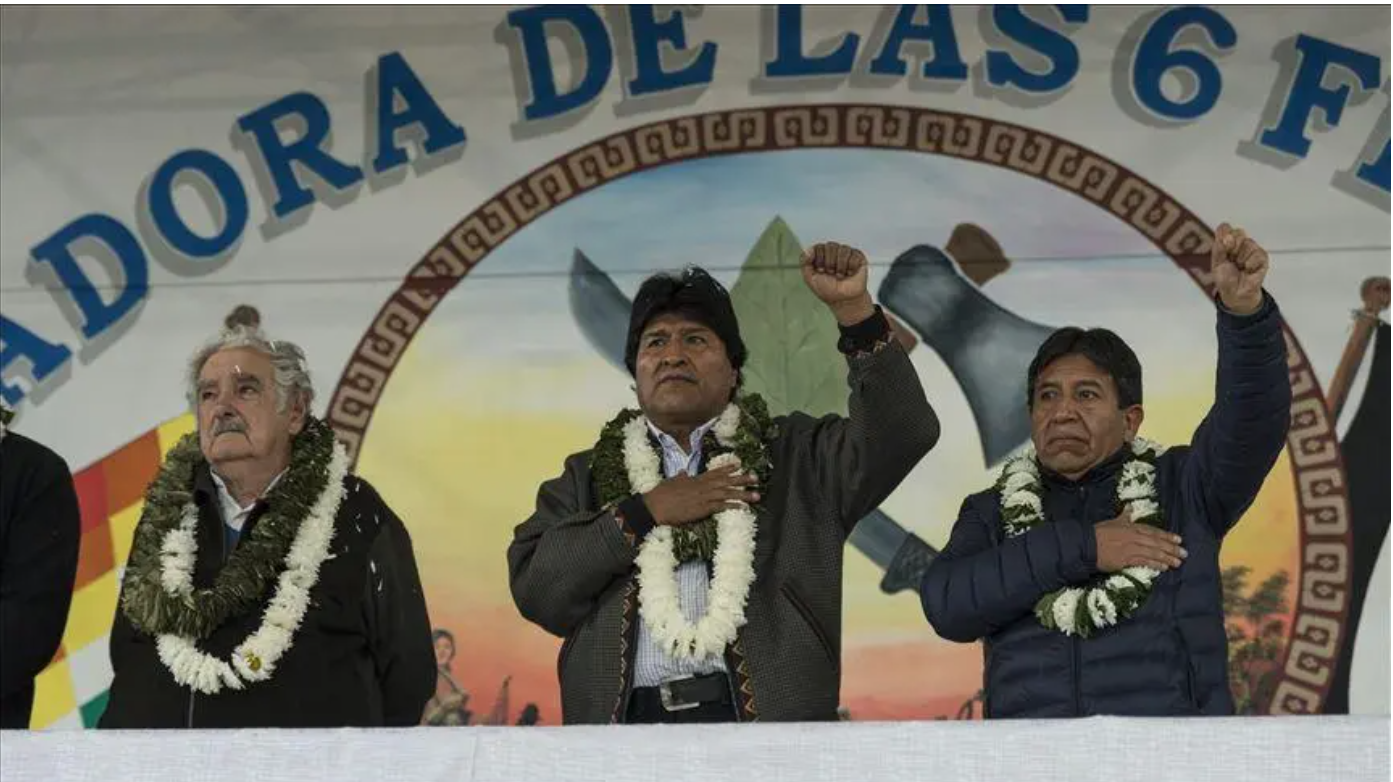
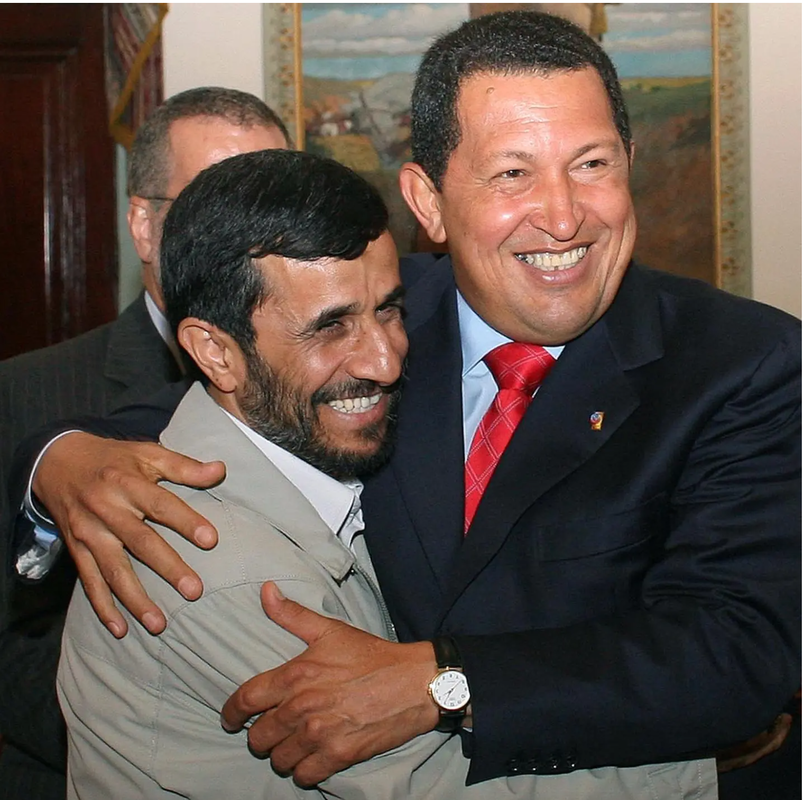
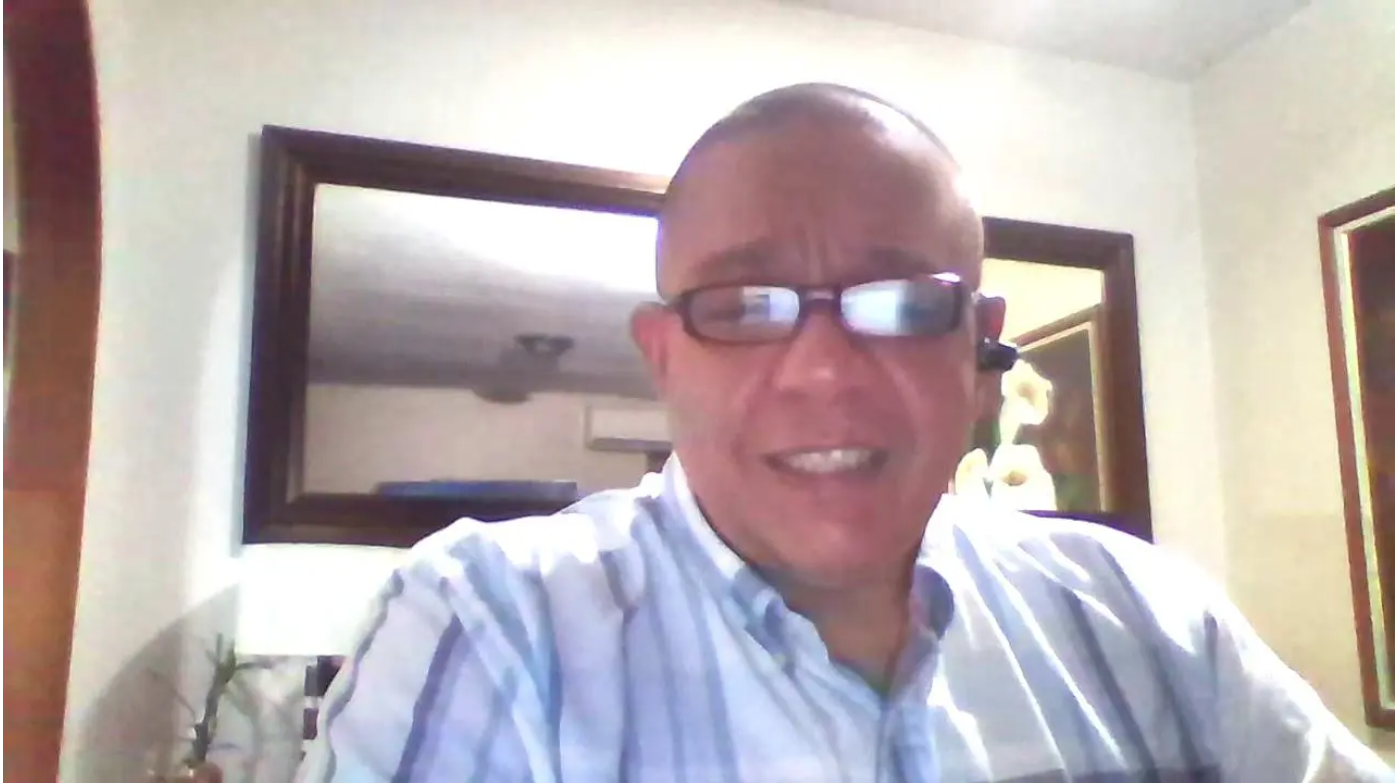
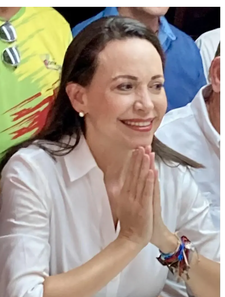
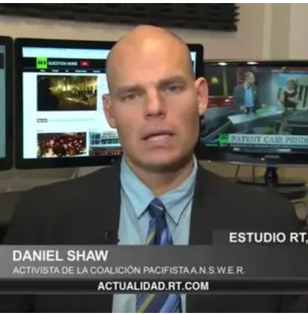
 RSS Feed
RSS Feed